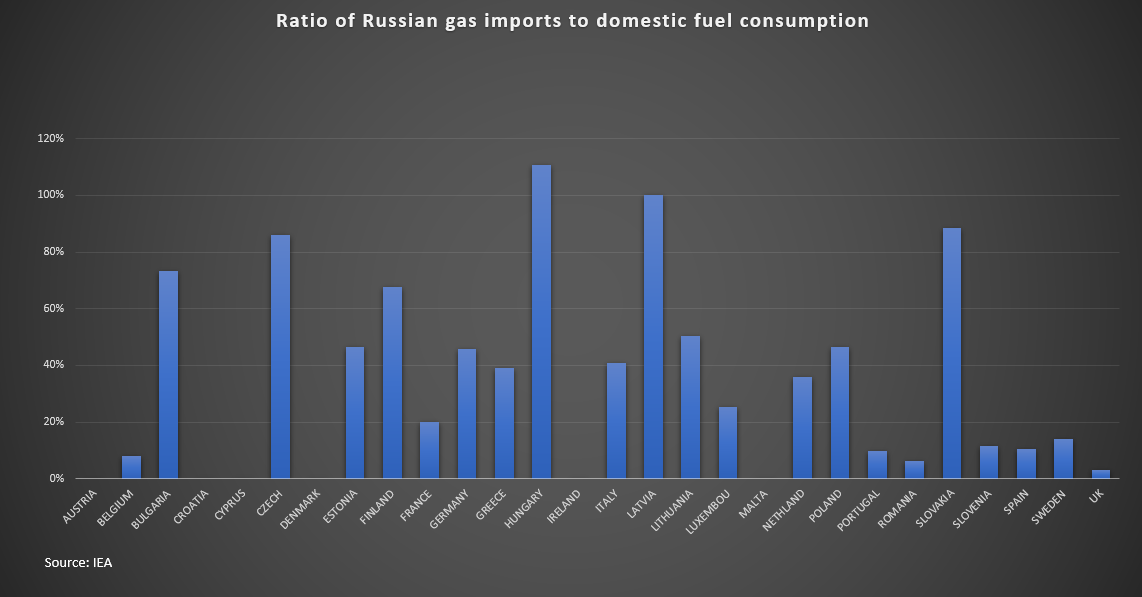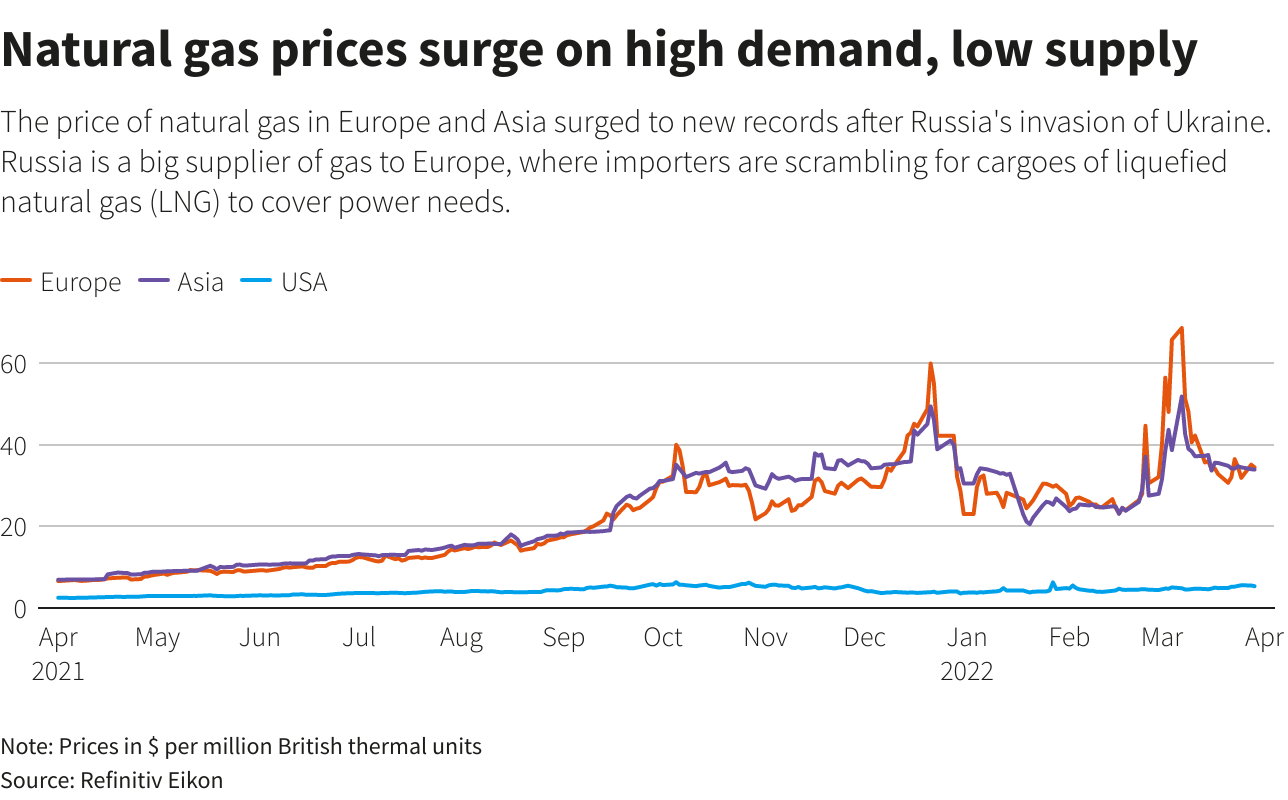I posted this almost 15 years ago on 31 Mar 2008 but am re-publishing it today because of current continued Israeli killings of Palestinians
*********
I was reminded this week of the old tale about a Jewish mother taking leave of her son, who has been called up to serve in the Czar's army against the Turks.
"Don't exert yourself too much," she admonishes him, "Kill a Turk and rest. Kill another Turk and rest again …"

"But mother," he exclaims, "What if the Turk kills me?"
"Kill you?" she cries out, "Why? What have you done to him?"

This is not a joke (and this is not a week for jokes). It is a lesson in psychology. I was reminded of it when I read Ehud Olmert's statement that more than anything else he was furious about the outburst of joy in Gaza after the attack in Jerusalem, in which eight yeshiva students were killed.
Before that, last weekend, the Israeli army killed 120 Palestinians in the Gaza Strip, half of them civilians, among them dozens of children. That was not "kill a Turk and rest". That was "kill a hundred Turks and rest".

But Olmert does not understand.
The Five-Day War in Gaza (as a Hamas leader called it) was but another short chapter in the Israeli-Palestinian struggle. This bloody monster is never satisfied, its appetite just grows with the eating.
This chapter started with the "targeted liquidation" of five senior militants inside the Gaza Strip. The "response" was a salvo of rockets, and this time not only on Sderot, but also on Ashkelon and Netivot. The "response" to the "response" was the army's incursion and the wholesale killing.
The stated aim was, as always, to stop the launching of the rockets. The means: killing a maximum of Palestinians, in order to teach them a lesson.

The decision was based on the traditional Israeli concept: hit the civilian population again and again, until it overthrows its leaders. This has been tried hundreds of times and has failed hundreds of times.
As if an example for the folly of the propagators of this concept had been lacking, it was provided on TV by ex-general Matan Vilnai, when he said that the Palestinians are "bringing a Shoah on themselves".

Still happening today
Al Jazeera:
Several Palestinians including teen killed by Israeli forces
Teenage boy Nader Rayan and two men killed in raids in the occupied West Bank and Israel.
People carry the body of Palestinian Alaa Shaham who was killed by Israeli forces in Ramallah in the Israeli-occupied West Bank on Tuesday [Mohamad Torokman/Reuters]
Published On 15 Mar 202215 Mar 2022
Israeli forces have shot three Palestinians dead, including a teenager, in separate incidents in the occupied West Bank and in the Naqab (Negev) desert.
In an Israeli raid on the sprawling Balata refugee camp in the northern city of Nablus early on Tuesday, 17-year-old Nader Rayan died after being shot in the head, chest and hand, the Palestinian health ministry said.
List of 4 items
Three other Palestinians were wounded, it added, including one in critical condition.
The Hebrew word Shoah is known all over the world, where it has one clear meaning: the Holocaust carried out by the Nazis against the Jews. Vilnai's utterance spread like a bushfire throughout the Arab world and set off a shock wave. I, too, received dozens of phone calls and e-mail messages from all over the world. How to convince people that in day-to-day Hebrew usage, Shoah means "only" a great disaster, and that General Vilnai, a former candidate for Chief of Staff, is not the most intelligent of people?
Some years ago, President Bush called for a "Crusade" against terrorism. He had no idea that for hundreds of millions of Arabs, the word "Crusade" brings to mind one of the biggest crimes in human history, the appalling massacre committed by the original crusaders against the Muslims (and Jews) in the alleys of Jerusalem.

In an intelligence contest between Bush and Vilnai, the outcome, if any, would be in doubt.
Vilnai does not understand what the word "Shoah" means to others, and Olmert does not understand why there is rejoicing in Gaza after the attack on the yeshiva in Jerusalem.
Wise men like these direct the state, the government and the army. Wise men like these control public opinion through the media. What is common to all of them: blunted sensibilities to the feelings of anybody who is not Jewish/Israeli.

From this springs their inability to understand the psychology of the other side, and hence the consequences of their own words and actions.
This is also expressed in the inability to understand why the Hamas people claimed victory in the five-Day War. What victory? After all, only two Israeli soldiers and one Israeli civilian were killed, as against 120 Palestinian dead, both fighters and civilians.
But this battle was fought between one of the strongest armies in the world, equipped with the most modern arms on earth, and a few thousand irregulars with primitive arms. If the battle ended in a draw - and such a battle always ends in a draw - this is a great victory for the weak side.

In Lebanon War II and in the Gaza war.
(Binyamin Netanyahu made one of the most stupid statement this week, when he demanded that "the Israeli army must move from attrition to decision". In a struggle like this, there never is a decision.)
The real effect of such an operation is not expressed in material and quantitative facts: so-and-so many dead, so-and-so many injured, so-and-so much destroyed. It is expressed in psychological results that cannot be measured, and therefore are inaccessible to the minds of generals: how much hatred has been added to the seething pool, how many new potential suicide bombers were produced, how many people vowed revenge and became ticking bombs - like the Jerusalem youngster, who woke up one bright morning this week, got himself a weapon, went to the Mercaz Harav yeshiva, the mother of all settlements, and killed as many as he could.

Now the political and military leadership of Israel sits down to discuss what to do, how to "respond". No new idea has come up or will come up, because not one of these politicians and generals is able to bring up a new idea. They can only go back to the hundred things they have already done, and that have failed a hundred times.
The first step on the way out of this madness is the readiness to question all our concepts and methods of the last 60 years and start thinking again, right from the beginning.
That is always hard. That is even harder for us, because our leadership has no freedom of thought - its thinking is very closely tied to the thinking of the American leadership.
This week, a shocking document was published: David Rose's article in Vanity Fair. It describes how US officials have in recent years dictated every single step of the Palestinian leadership, down to the most minute detail. Though the article does not touch the Israeli-American relationship (in itself a surprising omission) it goes without saying that the American course, including the smallest items, is coordinated with the Israeli government.

Why shocking? These things were already known, in general terms. In this respect, that article held no surprises:
(a) The Americans ordered Mahmoud Abbas to hold parliamentary elections, in order to present Bush as bringing democracy to the Middle East.
(b) Hamas won a surprise victory.
(c) The Americans imposed a boycott on the Palestinians, in order to nullify the election results.
(d) Abbas diverted for a moment from the policy dictated to him and, under Saudi auspices (and pressure), made an agreement with Hamas,
(e) The Americans put an end to this and compelled Abbas to turn over all security services to Muhammad Dahlan, whom they had chosen for the role of strongman in Palestine,
(f) The Americans provided plenty of money and arms to Dahlan, trained his men and ordered him to carry out a military coup against Hamas in the Gaza Strip,
(g) The elected Hamas government forestalled the move and itself carried out an armed counter-coup.
All this was known before. What is new is that the mixture of news, rumors and intelligent guesses has now condensed into an authoritative, well substantiated report, based on official US documents. It testifies to the abysmal American ignorance, which trumps even Israeli ignorance, of the internal Palestinian processes.

(l to r) pro Israeli Paul Wolfowitz, Donald Rumsfeld, George Bush Jnr
George Bush, Condoleezza Rice, the Zionist neocon Elliott Abrams and the assortment of American generals innocent of any knowledge are competing with Ehud Olmert, Tzipi Livni, Ehud Barak and our own assorted generals, whose understanding reaches as far as the end of the gun barrels of their tanks.
The Americans have in the meantime destroyed Dahlan by exposing him publicly as their agent, on the lines of "he's a son-of-a-bitch, but he is our son-of-a-bitch". This week Condoleezza dealt a mortal blow to Abbas, too. He had announced in the morning that he was suspending the (meaningless) peace negotiations with Israel, the very minimum he could do in response to the Gaza atrocities. Rice, who received the news while she was having breakfast in the exciting company of Livni, immediately called Abbas and ordered him to cancel his announcement. Abbas gave in, thus exposing himself to his people in all his nakedness.

Condoleezza Rice
Logic was not given to the People of Israel on Mount Sinai, but handed down from Mount Olympus to the ancient Greeks.
In spite of this drawback, let us try to apply it.
What is our government trying to achieve in Gaza? It wants to topple Hamas rule (and incidentally also put an end to the launching of rockets against Israel).
It tried to achieve this by imposing a total blockade on the population, hoping that they would rise up and overthrow Hamas. This failed.
The alternative course is to re-occupy the entire Strip. That would carry a high price in lives of soldiers, perhaps more than the Israeli public is ready to pay. Also, it will not help, because Hamas will return the moment the Israeli troops withdraw. (In accordance with Mao Zedong's first rule for guerrillas: "When the enemy advances, withdraw. When the enemy withdraws, advance.")
The only result of the Five-Day War is the strengthening of Hamas and the rallying of the Palestinian people behind it - not just in the Gaza Strip, but in the West Bank and Jerusalem, too. Their victory celebration was justified. The launching of rockets did not stop. The range of the rockets is increasing.
But let us assume that this policy had succeeded and that Hamas had been broken. What then?
Abbas and Dahlan could return only on top of Israeli tanks, as subcontractors of the occupation. No insurance company would cover their lives. And if they did not come back, there would be chaos, out of which extreme forces would emerge the like of which we cannot even imagine.
Conclusion: Hamas is there. It cannot be ignored. We have to reach a cease-fire with it. Not a sham offer of "if they stop shooting first, then we will stop shooting". A cease-fire, like a tango, needs two participants. It must come out of a detailed agreement that will include the cessation of all hostilities, armed and otherwise, in all the territories.
The cease-fire will not hold if it is not accompanied by speeded-up negotiations for a long-term armistice (hudna) and peace. Such negotiations cannot be held with Fatah and not Hamas, nor with Hamas and not Fatah.
Therefore, what is needed is a Palestinian government that includes both movements. It must bring in personalities who enjoy the confidence of the entire Palestinian people, such as Marwan Barghouti.
That is the very opposite of the present Israeli-American policy, which forbids Abbas even to talk with Hamas. In all the Israeli leadership, as in all the American leadership, there is no one who dares to spell this out openly. Therefore, what has been is what will be.
We will kill a hundred Turks and rest. And from time to time, a Turk will come and kill some of us.
Why, for God's sake? What have we done to them?


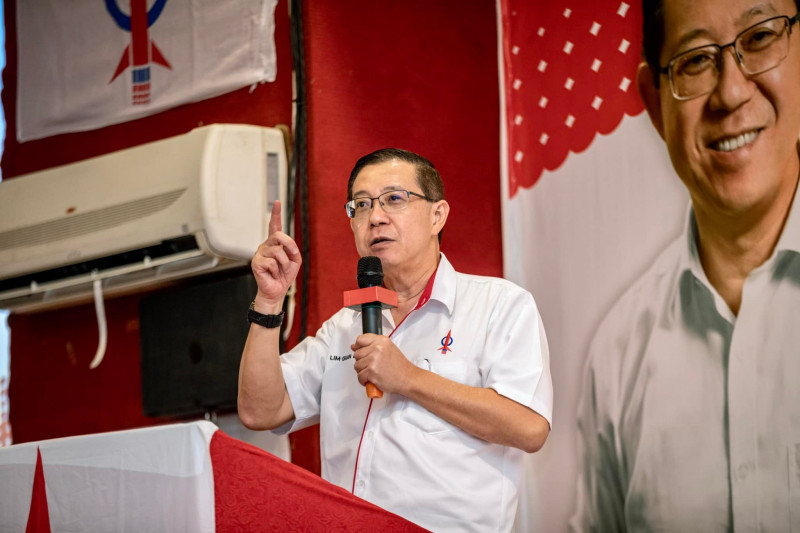

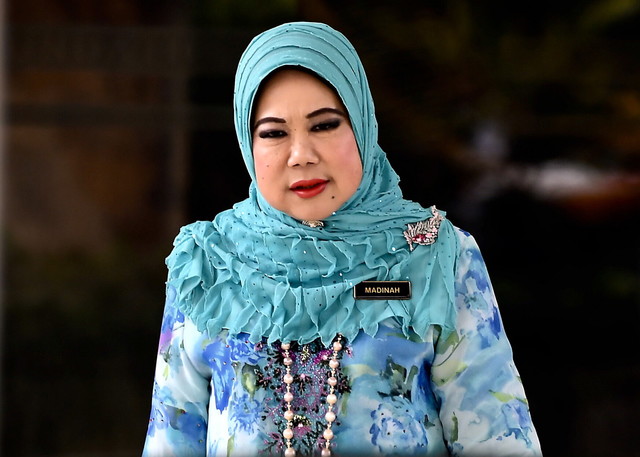
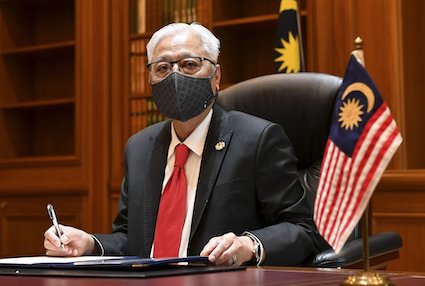



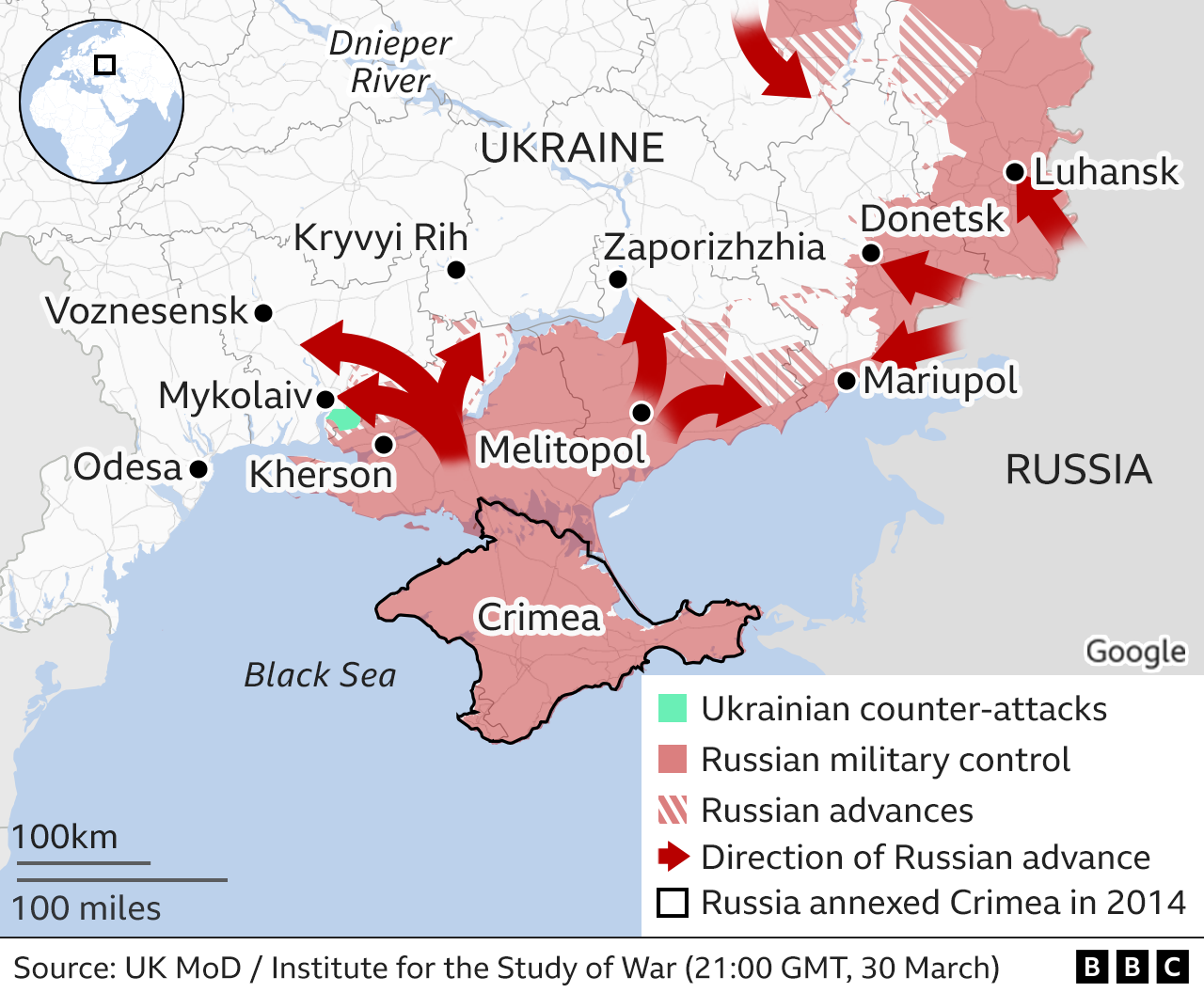















.jpg)


